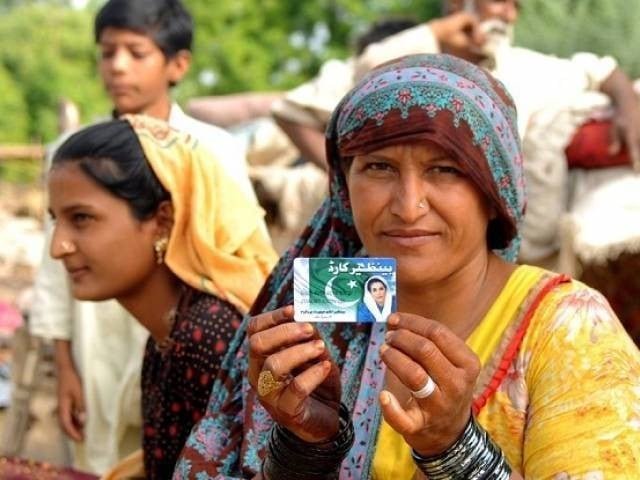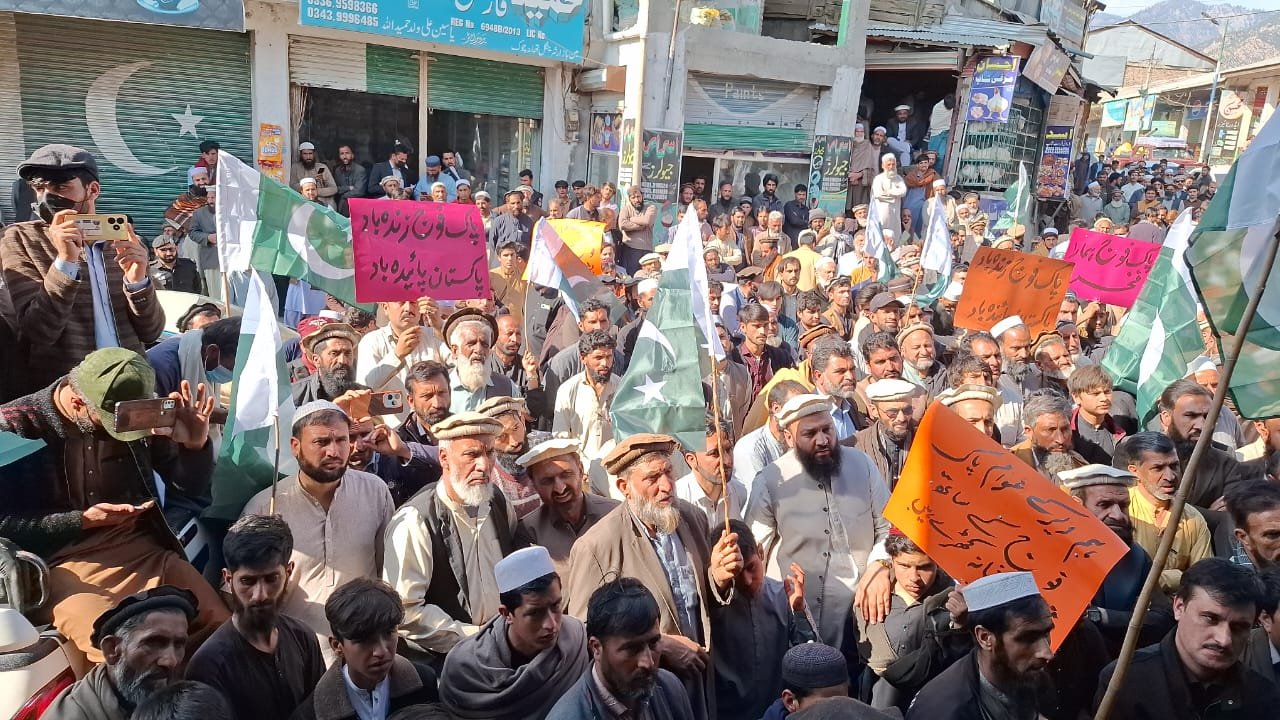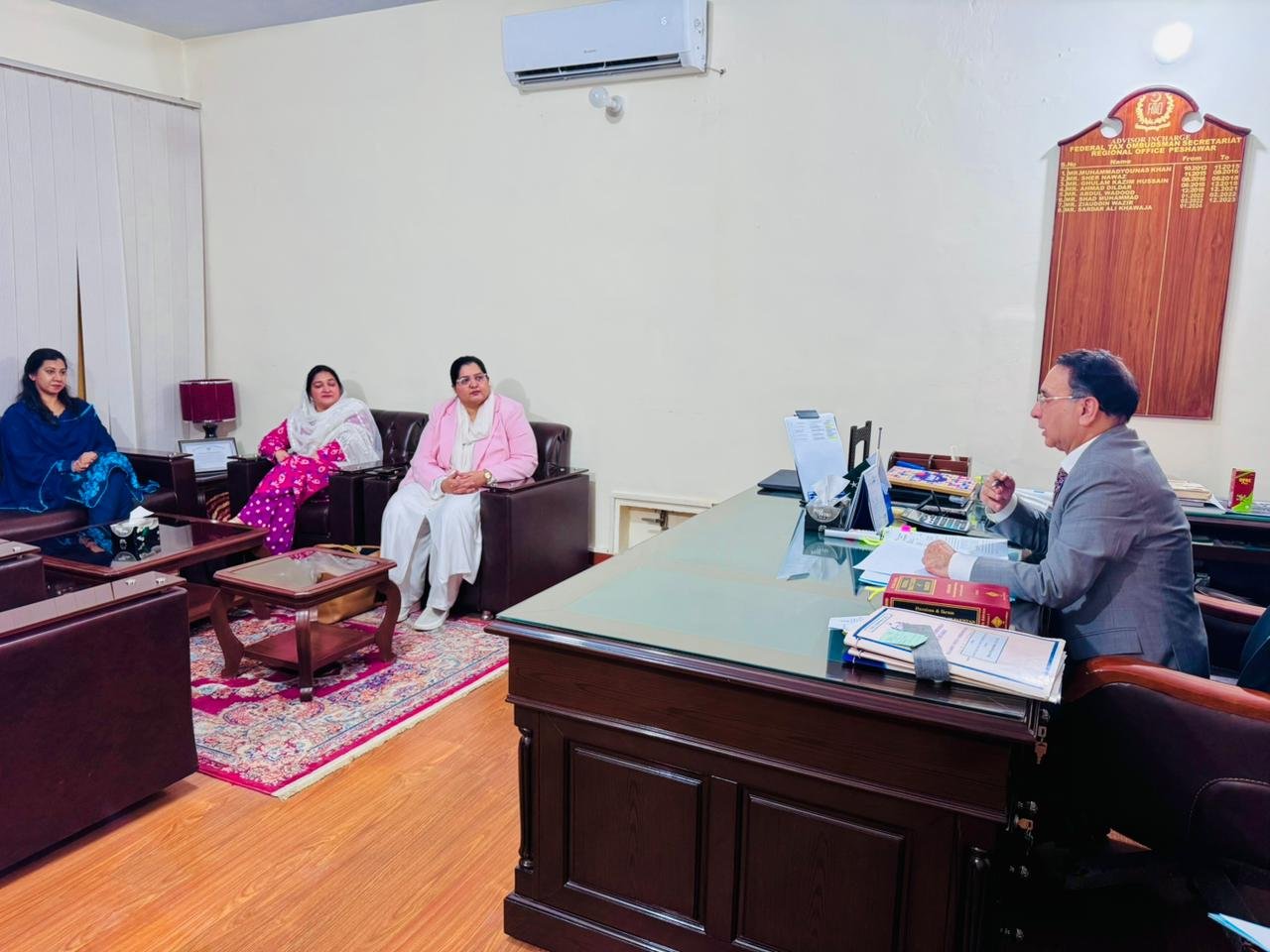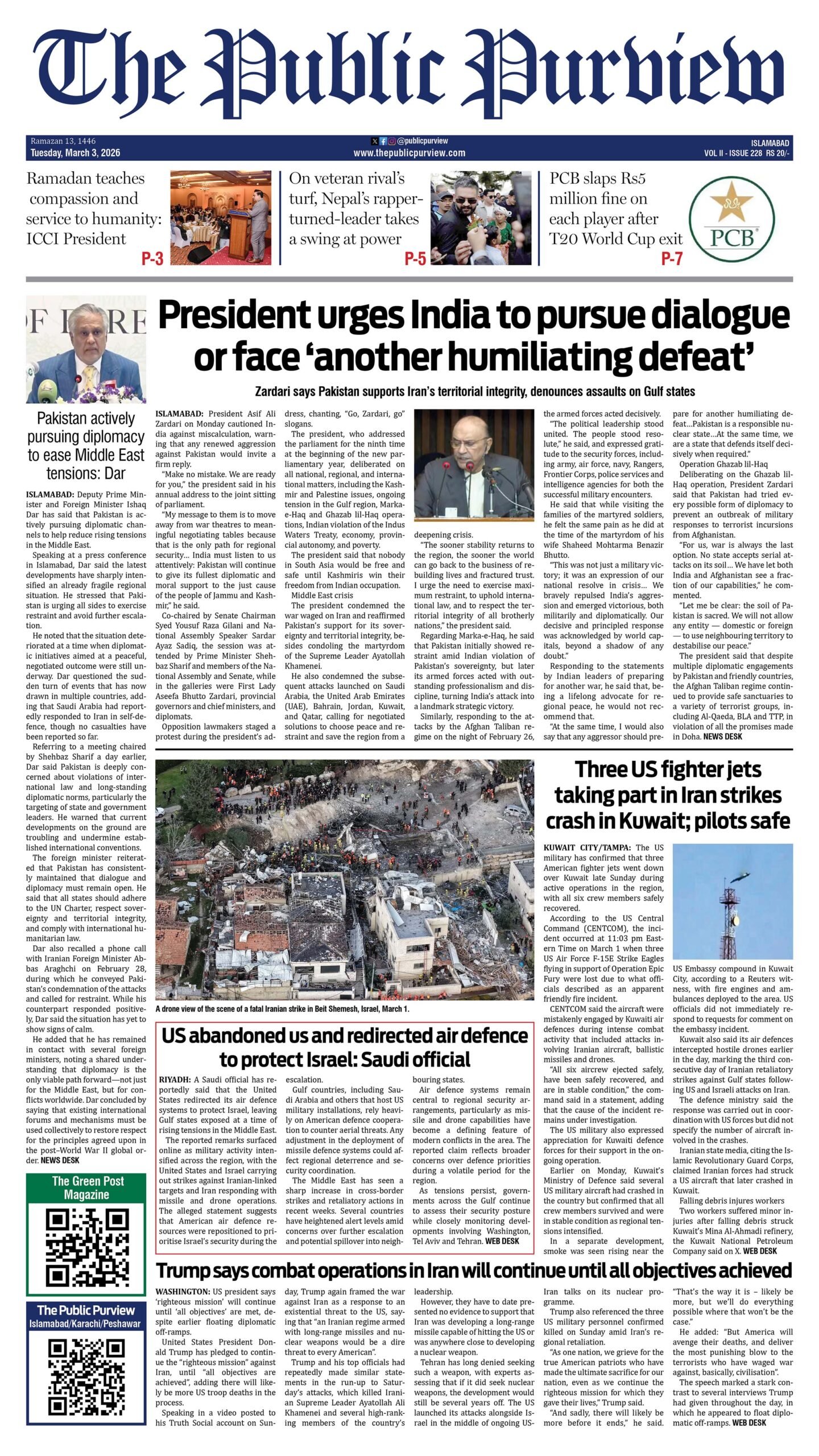Islamabad: Pakistan–Maldives bilateral relations advanced meaningfully today. The Pakistan–Maldives Parliamentary Friendship Group hosted a high-level meeting with a visiting delegation from the Maldives at Parliament House, Islamabad. This gathering marked a milestone in strengthening cooperation between the two brotherly nations and, importantly, reaffirmed their shared commitment to peace, development, and mutual prosperity.
Dr. Shaista Khan, MNA and Convener of the Friendship Group, chaired the meeting. After welcoming the Maldivian delegation, she reiterated Pakistan’s commitment to deepening ties through parliamentary diplomacy. Through these exchanges, both sides aim to build institutional linkages, foster goodwill, and send a clear message of solidarity. In her remarks, Dr. Khan emphasized the historic foundation of Pakistan–Maldives bilateral relations. She described it as rooted in Islamic brotherhood, mutual respect, and shared values. Furthermore, she called for expanded collaboration in trade, education, tourism, health, climate resilience, youth development, and defense. She also highlighted the role of parliamentary platforms in turning intent into action.
Meanwhile, H.E. Mr. Husnee Mubarak, joined by Mr. Mohamed Shahid, Mr. Yoosuf Nasheed, and Mr. Abdulla Shazeem, expressed gratitude for Pakistan’s support. They reaffirmed the Maldives’ commitment to strengthening bilateral relations and identified tourism and fisheries as priority sectors. In addition, they showed interest in renewable energy, agriculture (including mango exports), education, vocational training, and scholarship exchanges. The delegation also expressed enthusiasm for enhancing cultural ties and promoting youth-led initiatives.
Members of the Friendship Group, including Syeda Nosheen Iftikhar, Mohammad Usman Badini, Dr. Shazia Sobia Aslam Soomro, Sabheen Ghoury, and Amjad Ali Khan, stressed the need to broaden cooperation. They highlighted youth development, agriculture, IT, digital collaboration, and health. Moreover, they emphasized people-to-people linkages, direct connectivity, cultural exchanges, and business partnerships.







 Today's E-Paper
Today's E-Paper